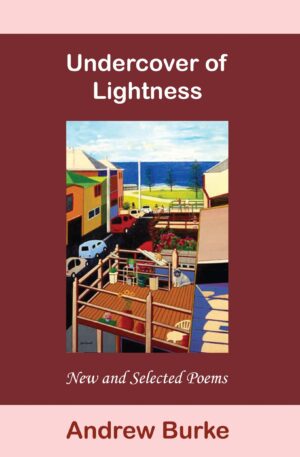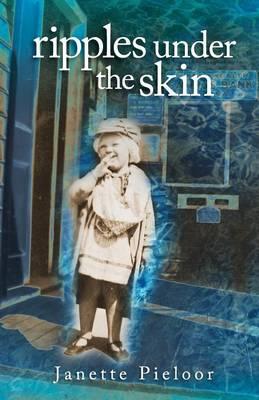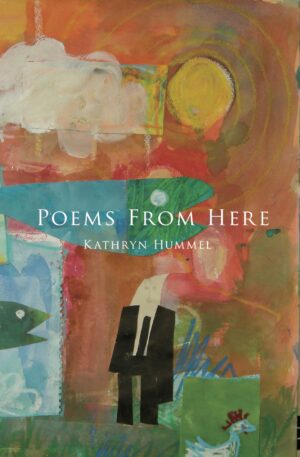Description
LAURIE BRINKLOW
The spark for this book came while walking the beach at Red Point, Prince Edward Island, and pondering one of Pete Hay’s observations: that Newfoundland, like Tasmania, is the psychological sink through which the mainland pours its ills. It got me thinking about two islands, on opposite sides of the planet, and how they share so many of the same attributes: roughly similar size and distance from the mainland, population, settlement origins, constitutional arrangements, and the fact that historically they have been the butt of mainland jokes. Yet both are conducive to artistic activity that seems disproportionately out of scale with the size of their populations.
While interviewing artists from Newfoundland and Tasmania, I was often struck by something my participants would say and would think, “That sounds like a poem!” The feeling happened again while transcribing the interviews, and poems just started “popping out,” either as “found poems” or by weaving their words into my own poetic re-imaginings.
Excerpts of “How small an island do you need?” have appeared in Tasmania’s literary journal Island and in Prince Edward Island’s Red Magazine. “Rock/Shift” and “Part of the conversation” were published in The Fiddlehead. “The language of seashells” appeared in my 2012 collection Here for the Music, and is republished here with permission from The Acorn Press.“The circumscribed geography of home” is borrowed from Wayne Johnston’s novel, The Colony of Unrequited Dreams. Two poems in the collection, “Rock of the head” and “Everything returns, eventually,” were written for two Prince Edward Islanders who figured prominently in my research; when my friends on Prince Edward Island feared that I might not return, they were my anchors. And “Everything returns, eventually” was written in response to a painting by PEI artist Susan Christensen, as part of her Frank Ledwell Literacy Legacy Project. I am deeply grateful to the Vice-President Academic and Research at the University of Prince Edward Island who supported this book through a SSHRC Exchange Publication Award.
To all the people on my three favourite islands who shared their stories with me, I thank you for your words and your trust. I hope that you, dear reader, will come away from the poems feeling as much of an “islomaniac” as I am.
Laurie Brinklow—Acknowledgements, My island’s the house I sleep in at night (Walleah Press, 2021)




